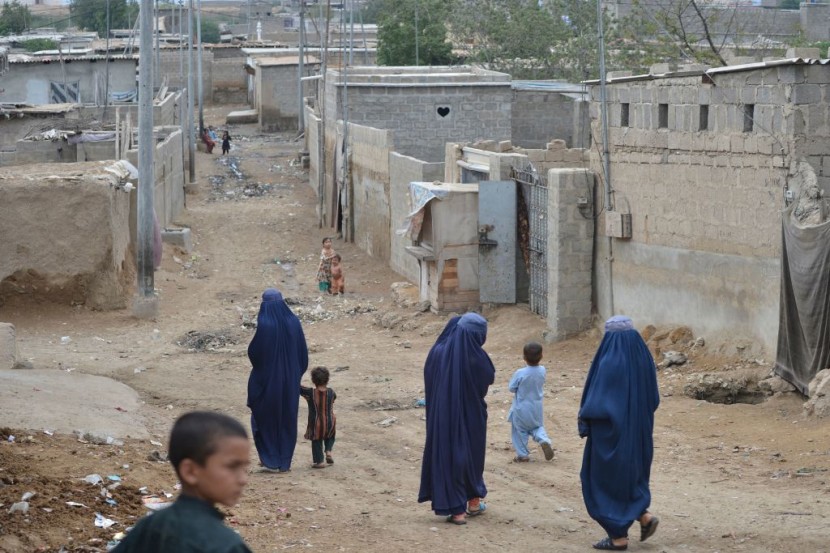
Pakistan has mandated that all undocumented Afghan asylum seekers, numbering in the millions, must leave the country by November.
Tensions have been rising between the two nations this year due to increased strikes along their shared border, which Islamabad blames on personnel headquartered in Afghanistan.
Crackdown on Undocumented Immigrants
Pakistan's announcement of a crackdown on illegal immigration this week reflects the heightened tensions. The administration of the Taliban has called on Pakistan to reconsider its "unacceptable" action.
Reportedly, Afghanistan's government has denied on several occasions that it offers a haven to terrorists who attack Pakistan.
Last week, at least 50 people were murdered in an explosion at a mosque in Mastung city near the Afghan border. Pakistani Interior Minister Sarfraz Bugti, who issued a crackdown order against illegal Afghans, did not address the attack.
Refugees have a legal right to enter another country for protection. Hundreds of thousands of Afghans have sought sanctuary in Pakistan since the Taliban retook control of Afghanistan in 2021 after decades of conflict on both sides.
Directive to Leave the Nation
According to BBC, the United Nations estimates that 1.3 million Afghans are officially recognized as refugees, with an additional 880,000 being granted permanent residency.
However, on Tuesday, October 3, Bugti said that another 1.7 million individuals live in Pakistan illegally, presumably meaning they have not yet been granted refugee status. He added that by next month, those persons will have to leave the nation voluntarily or by deportation.
According to state media, he warned that all law enforcement forces at the provincial and federal levels would be used to deport illegal immigrants if they did not leave. He was vague on the specifics of such an operation, though.
He also declared the formation of a task group to seize the private property and enterprises of unauthorized Afghan immigrants.
Nevertheless, according to Zabihullah Mujahid, the spokesperson for the Taliban government in Kabul, Afghan refugees are not engaged in Pakistan's security issues.
Afghan officials in Pakistan reported that local authorities had started gathering Afghans, both with and without proper documentation, to stay in the country.
The Balochistan region on Pakistan's border is a regular target of armed combatants like the Pakistani Taliban (Tehrik-e Taliban Pakistan; TTP) and the Islamic State (IS) militant group. Earlier last month, an explosion in the same area wounded at least 11 people, including a prominent Muslim leader.
According to the official state news channel APP, Islamabad wants all Afghans living in Pakistan to leave ultimately, even those with legal status and Pakistan resident cards.
Bugti said there have been 24 suicide bombs along Pakistan's border, with more than half of them being the work of terrorists based in Afghanistan.
Beginning November 1, he stated, only those with valid visas and passports will be permitted into Pakistan.
Related Article : Pakistani Criminal Gang Illegally Harvests, Sells Kidneys: Report




